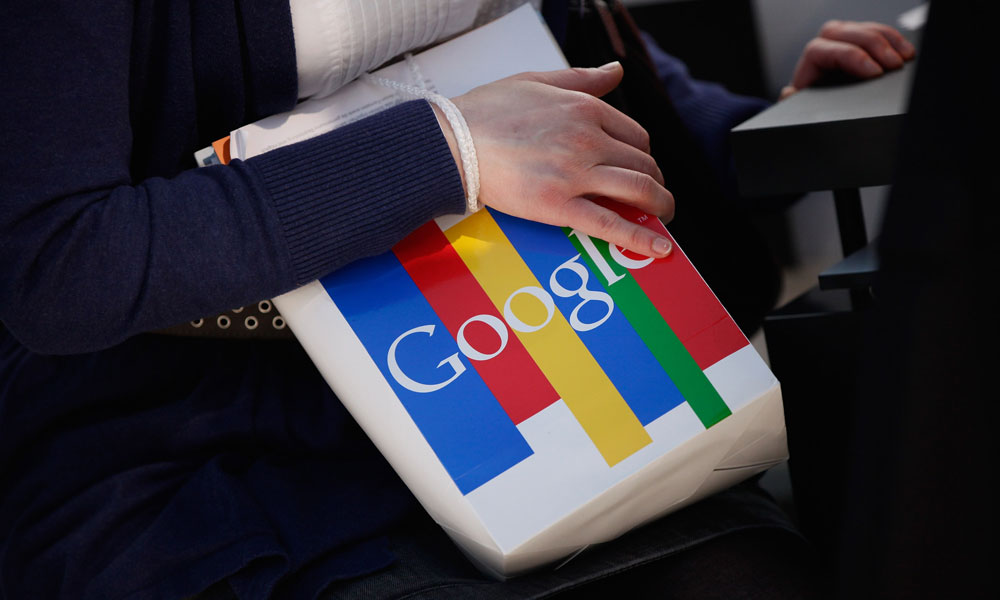
Advocacy Group: Information and Influence Boost Google’s Power
A new Public Citizen study argues that the search giant's growing influence over the political sphere is worth raising the alarm over. It asks: Has Google become too powerful?
Google is one of the most influential companies in the world, and according to one big-name consumer advocacy group, its reach is getting so broad that it may be tough to rein in its power.
In a new report, “Mission Creep-y” [PDF], Public Citizen argues that the sheer amount of information Google amasses—from user emails, by scanning books, through searches, and using other means—is cause for concern, especially because of the company’s increasing political clout.
“Most Google users are likely aware that Google collects information about them, such as their internet surfing practices,” the report states. “Few are likely aware of the extent or sophistication of the company’s information-collection methods. Even privacy experts interviewed for this project said that they did not know the totality of information Google collects or how it uses it.”
And mystery breeds distrust. A recent study by the research firm Survata found that people trust the National Security Agency (NSA) with their personal information more than they trust Google.
The Public Citizen report, which comes at a time when online privacy concerns are on the rise, notes that Google’s information-gathering prowess has been accompanied by increasing influence in the political realm. The company has spent more on lobbying this year—$13.6 million so far—than any other individual corporation and more overall than all but six trade groups. It even topped some major players, such as Pharmaceutical Research and Manufacturers of America and the National Cable and Telecommunications Association. Google also helps fund 140 outside groups, such as the U.S. Chamber of Commerce, 2014’s largest lobbying spender.
This growth in lobbying muscle was sudden: Google was the 68th-largest spender on lobbying in 2010, and back in 2003, it spent only $100,000 on lobbying. And the company gets low marks for transparency: Public Citizen notes that it failed to report on its specific donations to trade groups and so-called 527 groups.
“Google is becoming exponentially more powerful in federal and state governments. At the same time, it’s pushing boundaries in technology, and it has shown that it can’t always be trusted to do the right thing with people’s information,” Sam Jewler, the author of the report, said in a news release. “When we see such massive influence, it raises the question—will regulators and lawmakers be reluctant to rein in Google?”
(Sean Gallup/Getty Images)






Comments